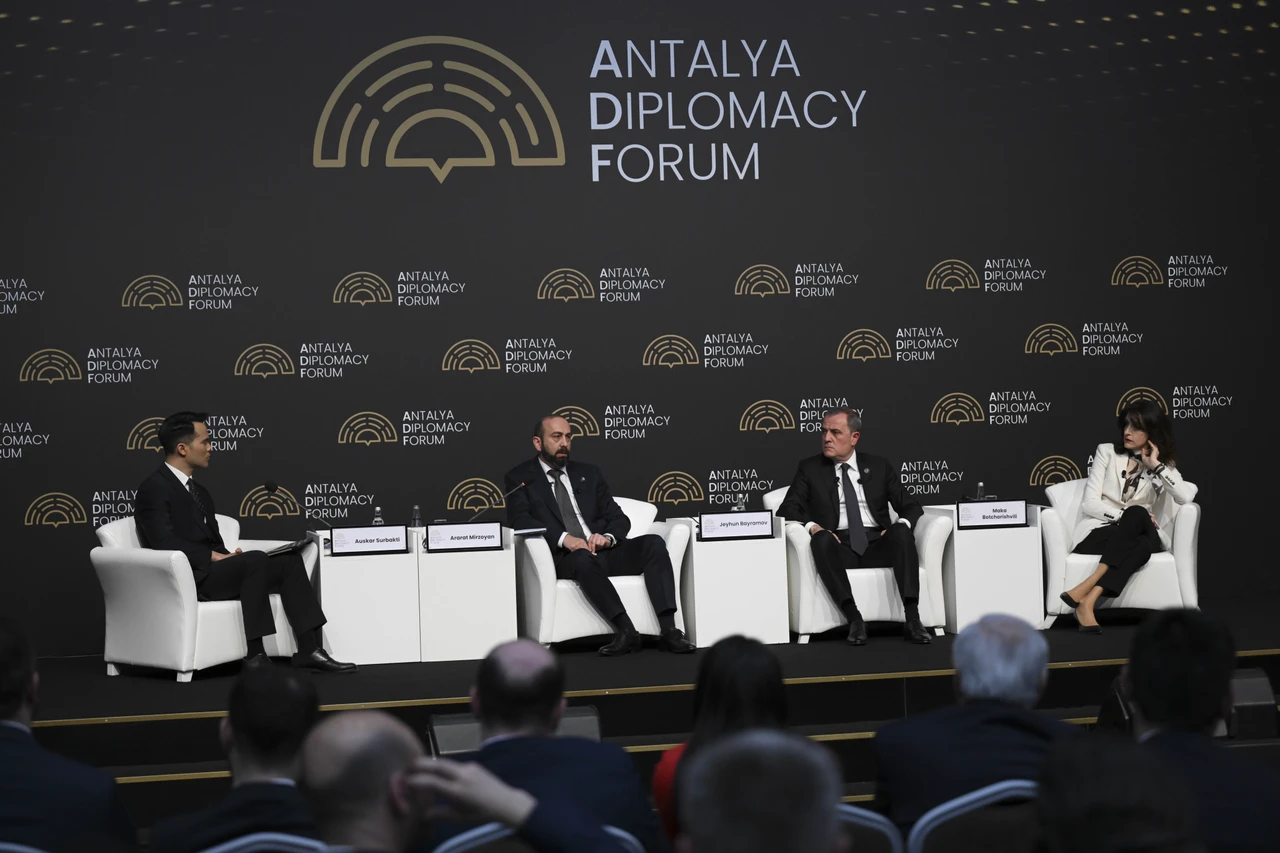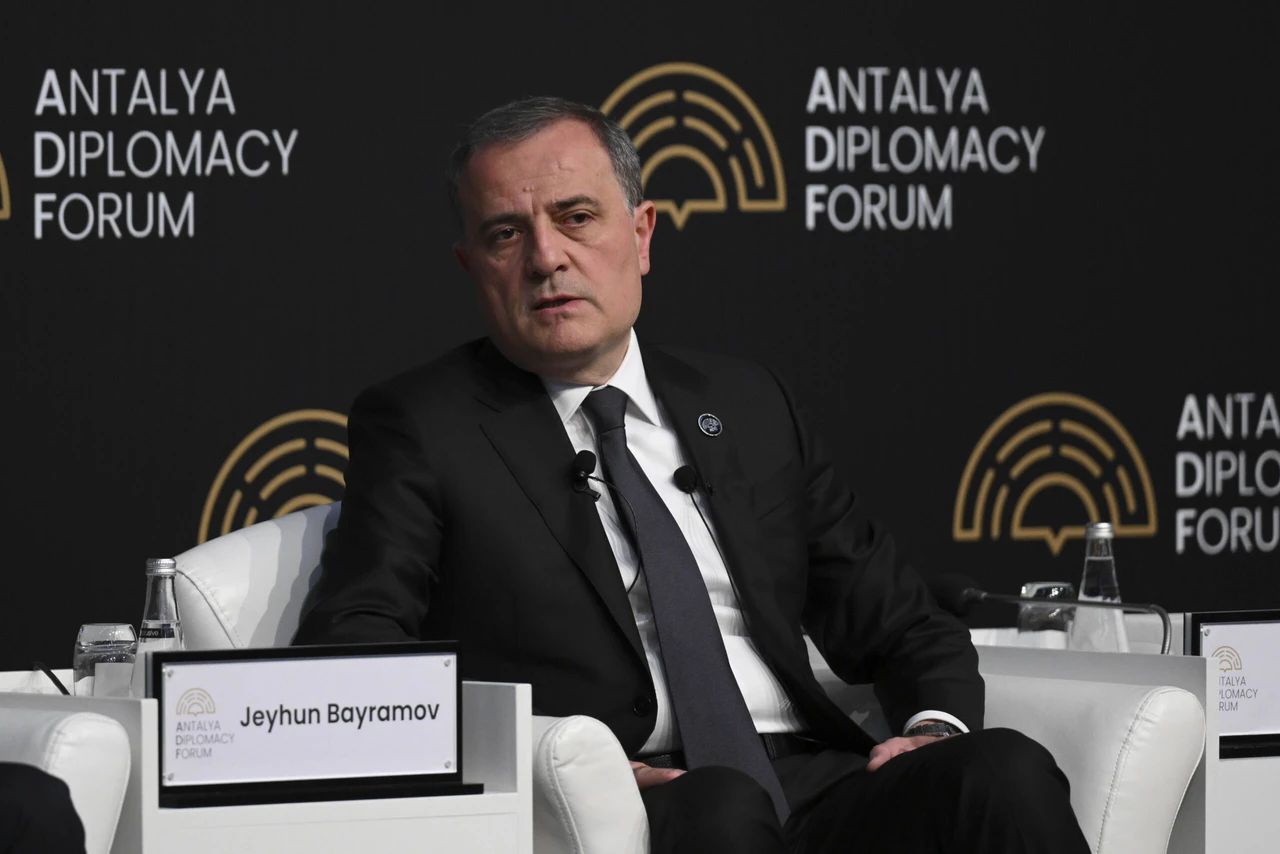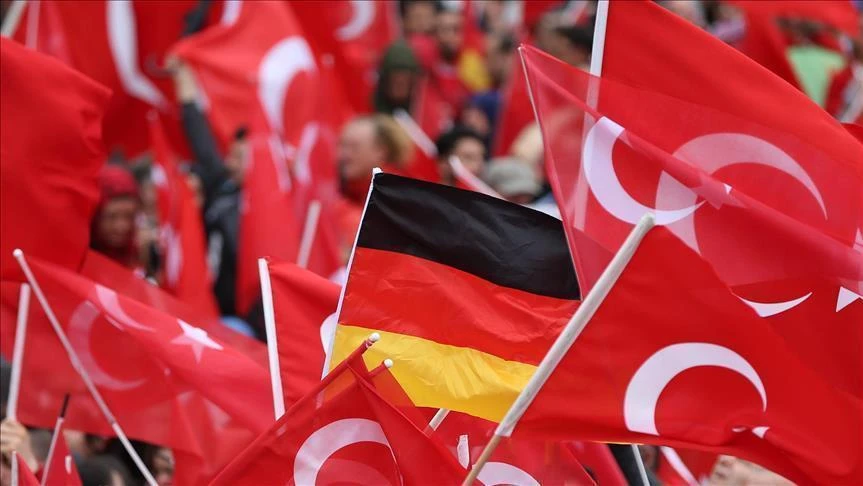Education minister calls for unique, adaptive national curriculum
 Yusuf Tekin answers questions during "Managing Future Education: Risks and Opportunities" event at Enstitü Sosyal in Istanbul, Türkiye, April 11, 2025. (AA Photo)
Yusuf Tekin answers questions during "Managing Future Education: Risks and Opportunities" event at Enstitü Sosyal in Istanbul, Türkiye, April 11, 2025. (AA Photo)
Türkiye’s Minister of National Education, Yusuf Tekin, has argued that the country’s education system must be continuously revised to keep pace with global change.
Speaking at the “Managing the Future of Education: Risks and Opportunities” forum in Istanbul on Friday, Tekin emphasized the importance of frequent curriculum updates and the need to equip teachers with tools to follow current developments.
“Missing a single year in education is equivalent to losing an entire generation,” he said.
Tekin defended the necessity for a dynamic and adaptable education policy, stating that without structural and technological reform, Türkiye risks falling behind. He also rejected suggestions to adopt education models from countries such as Finland and South Korea, calling them symptoms of an “inferiority complex.”
“We can offer the world a different civilizational perspective,” he said. “As Muslims and as Turks, we are capable of building a model rooted in our values.”
He criticized over-reliance on standardized multiple-choice tests, noting that while students often perform well on such exams, their reading comprehension and verbal expression are suffering.
“Children are increasingly unable to answer open-ended questions or express themselves freely,” he said, adding that a student who struggles to articulate thoughts in their native language cannot be expected to do so in a foreign one.
Tekin also emphasized a structural gap in vocational education, stressing the need for mechanisms that allow teachers to stay updated with sectoral changes. “Without this opportunity, they will fall out of step with contemporary developments,” he said.
On the role of parents, Tekin pointed out that students spend most of their lives outside of school, making family involvement essential. “A child’s digital addiction won’t be solved if the parent is also glued to their phone or social media,” he said.
Tekin called for a uniquely Turkish educational framework—one that reflects national identity and prepares future generations without relying on imported models.



